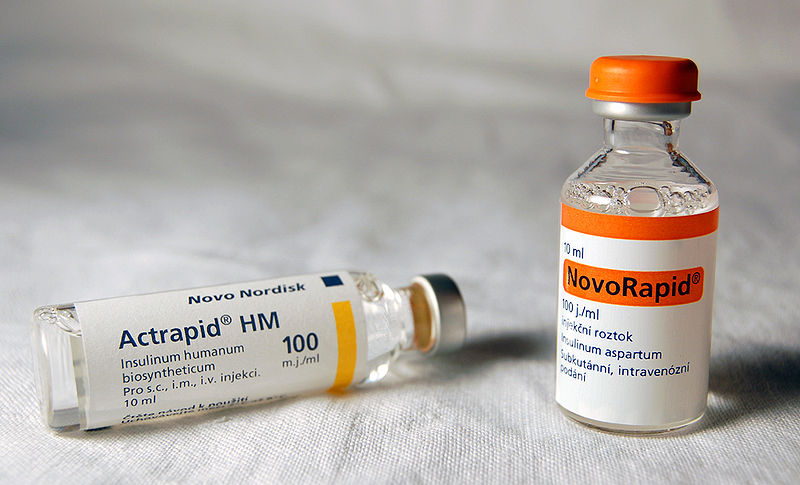Insulin

Insulin is a peptide hormone produced by beta cells of the pancreatic islets encoded in humans by the INS gene. It is thought to be the body's primary anabolic hormone. By encouraging the absorption of glucose from the blood into the liver, fat, and skeletal muscle cells, it controls the metabolism of carbs, lipids, and protein. High levels of insulin in the blood substantially impede the liver's ability to produce and secrete glucose. Low insulin levels in the blood have the opposite impact by encouraging extensive catabolism, especially of reserve body fat.
Insulin was discovered in 1921, and it immediately revolutionized and saved the lives of patients with diabetes. Prior to the disease's diagnosis, sufferers were made to eat on the verge of famine in order for their bodies to metabolize the carbohydrates they need. But the discovery that the hormone insulin would aid in turning sugar into energy provided a substitute. And in the end, it paved the way for alternative hormone replacement techniques. The number of people who have diabetes is rising worldwide. According to the Centers for Disease Control and Prevention, as of 2012, in the US alone, there are 29 million people were diagnosed with this disease. therefore, insulin has been more important than ever. It is now on the WHO Model List of Essential Medicines, the most important medications needed in a basic health system.
Discovered in: 1921
Discovered by: Frederick Banting
Usage: Treatment of diabetes








